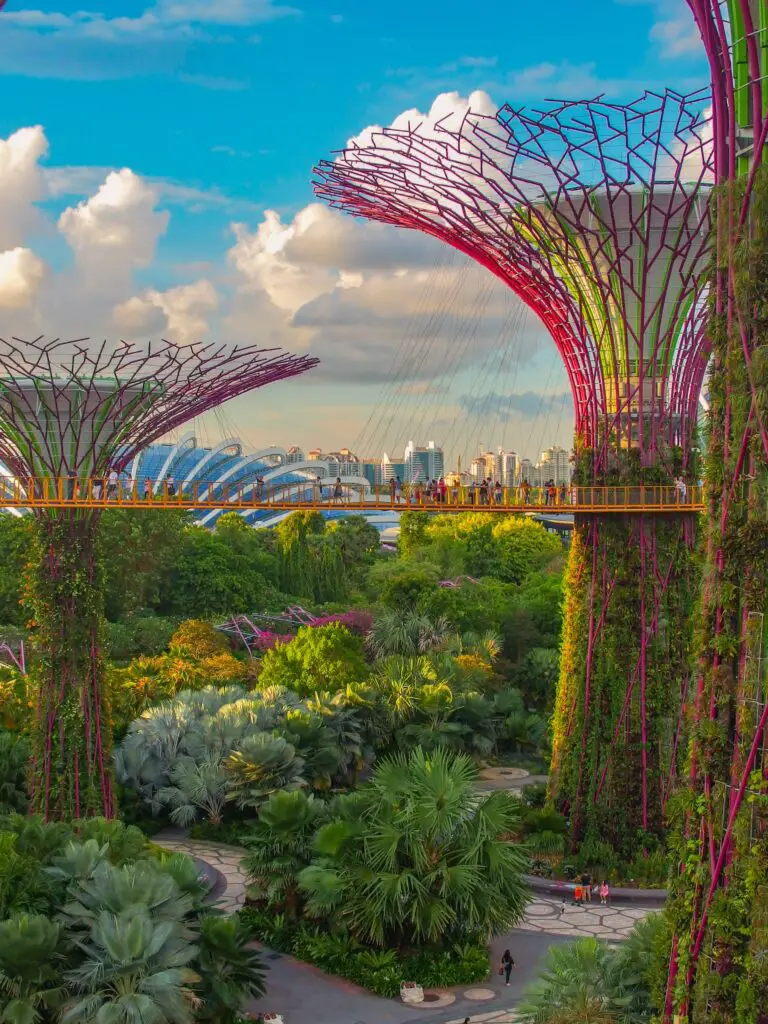You’re probably very familiar with the above image. Gardens by the Bay and their award-winning Changi airport are super popular images of Singapore that are often shared online. But how much do you really know about Singapore?
Here are 21 cool things about Singapore that we think you must know.
Table of Contents
1. What is the minimum wage in Singapore?

Source: Seedly Reads
Progressive Wage Model (PWM) has recently been implemented in the retail sector, where the baseline gross wages would increase every year.
Believe it or not, there is NO minimum wage in Singapore! However, they do practice the “Progressive Wage Model” in a few low-wage sectors, such as cleaning, security, landscapers, lift and escalator. As of September 2022, retail jobs are included in this model as well. In this model, the workers receive increased wages if they reach certain milestones or markers.
While it may be a no-brainer to most countries, there is a good reason why they do not practice minimum wage. By setting a minimum wage, there is a higher chance of unemployment in some businesses which cannot afford high-cost labor. Taking the pandemic into account, there needs to be more empathy for genuine businesses which were forced to shut down.
In Progressive Wage Model, however, workers in these sectors can improve their productivity over the years and increase their salaries accordingly. Ultimately, the goal of the model is to encourage improvement and increase in productivity.
2. What do Singaporeans complain about?

Source: Afif Ramdhasuma/Unsplash
One of the things that give the Singaporeans the most heat (literally) is the weather! While foreign tourists may seek to visit Singaporeans to escape from their freezing winters, it is not so fun for Singaporeans, who have to experience hot and humid weather all year long.
However, if any foreigner was to complain about Singapore, you can bet that Singaporeans are ready to defend their motherland fiercely also. Underneath all of the dissatisfaction, there is a definite sense of pride with how far the country has come ever since independence.
Complaining is one of the best ways for Singaporeans to let off steam. We all know that Singaporeans love to gather with friends and complain to each other over a plate of nasi lemak. There is no harm in a little complaining here and there, because frustration is always best expressed in a healthy manner rather than to be botted up and accumulated.
"You know the Singaporean. He is a hardworking, industrious, and rugged individual. But let us also recognise that he is a champion grumbler."
Now that’s the real Singaporean way.
3. Are Singaporeans Chinese?
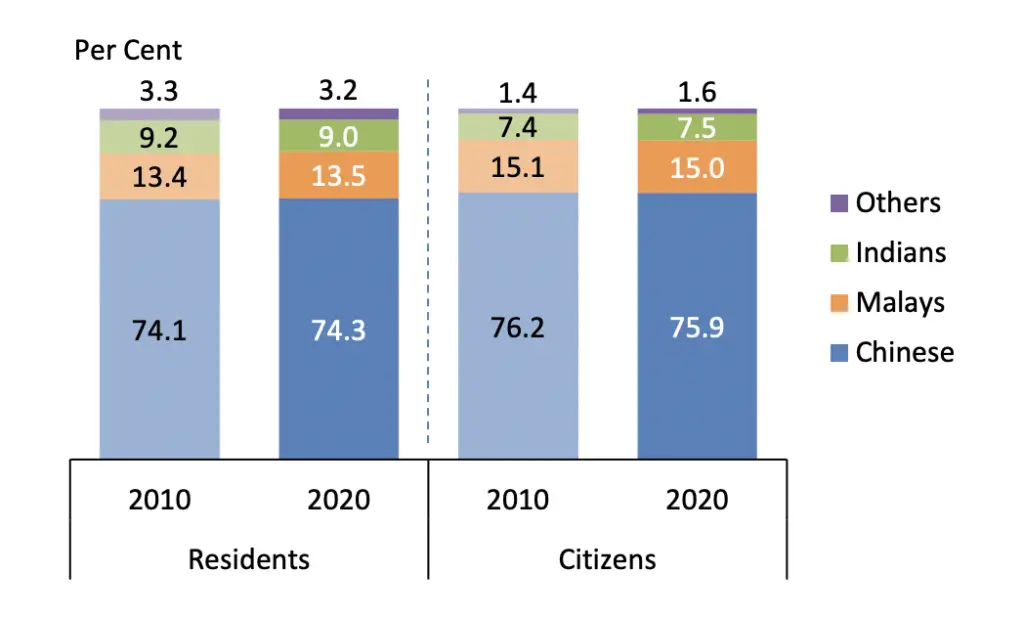
Source: Singapore Department of Statistics
Majority of the population (75.9%) are Chinese, while the rest are distributed as follows: 15.0% are Malays, 7.5% are Indians, and 1.6% are others.
The simple answer is yes, and also no. Yes, many Singaporeans are Chinese. No, not all Singaporeans are Chinese.
According to the 2020 Census, 75.9% of the population are Chinese, 15.0% are Malays, 7.5% are Indians, and 1.6% are others.
Singapore and its neighbor, Malaysia, are widely known as multicultural societies. Even though Chinese people make up the majority of the population, most Singaporeans can communicate very well with each other. This is because most, if not all, of the residents can speak English or, as some would prefer calling it, “Singlish” (as in Singapore English).
4. What is the capital of Singapore?
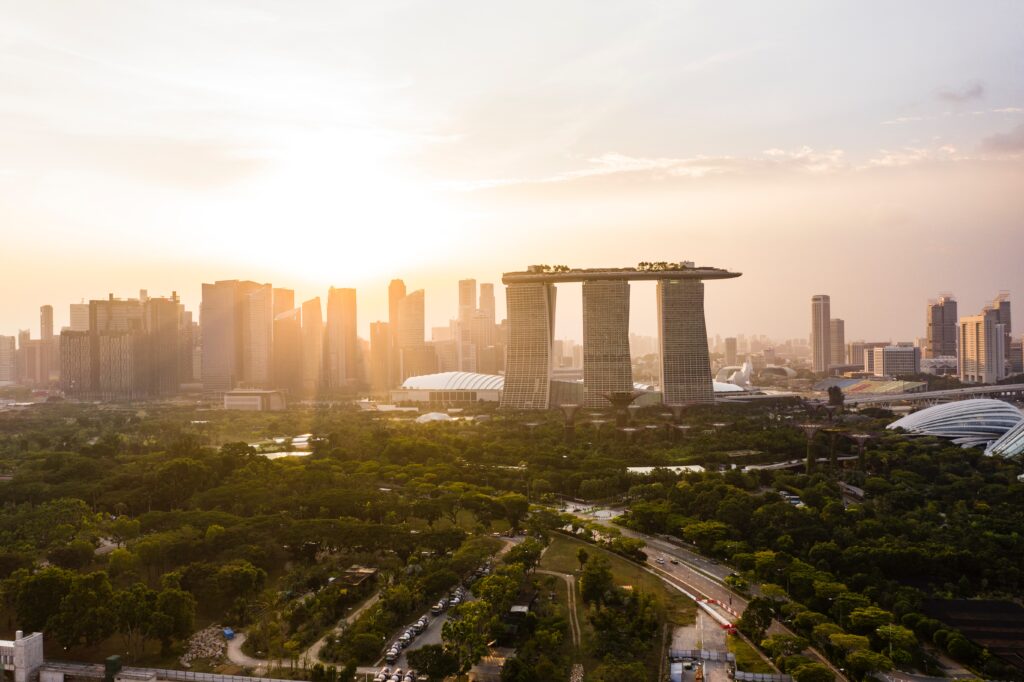
Source: Kirill Petropavlov/Unsplash
Funnily enough, the answer to this is Singapore. It is a country which is also a city and comprises of a mainland as well as several other islands.
5. What is the average height in Singapore?
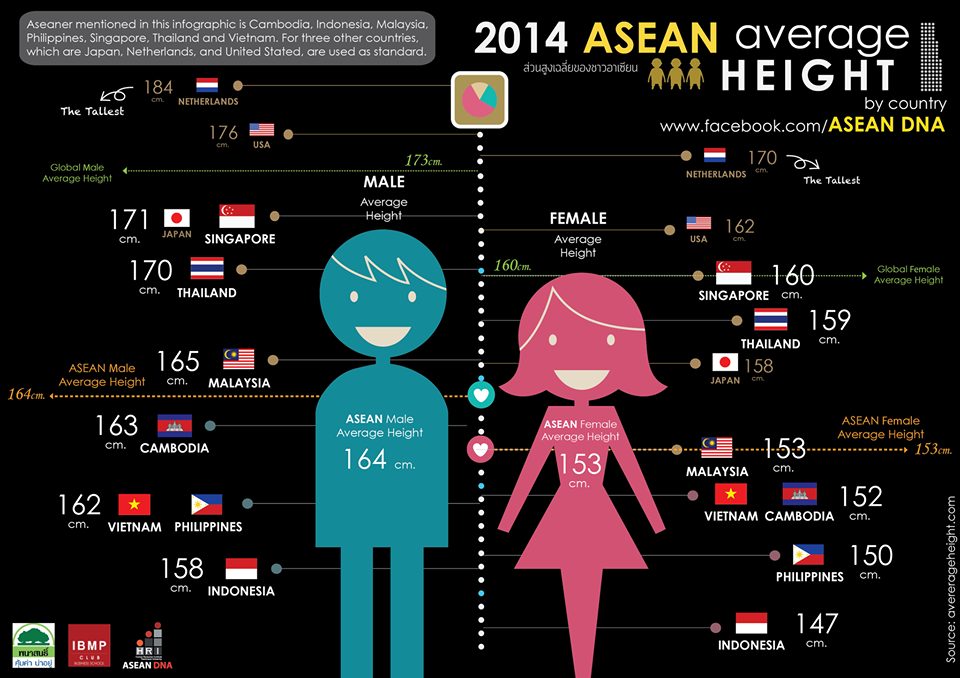
Source: ASEAN.org
The average height of Singaporeans is the highest out of all the ASEAN countries, averaging at 171cm for males and 160cm for females.
The average height of males in Singapore is 171cm, while the average height of females in Singapore is 160cm. Interestingly, the average height of Singaporeans is the highest out of all the ASEAN countries.
Now we cannot tell how accurate these study results are, because we highly doubt that every single Singaporean on the island participated in the study. But assuming the results are true, then this is one more thing that Singaporeans can take pride in!
6. What are some famous marketplaces in Singapore?
Some of the most popular marketplaces in Singapore include Bugis Street Market, Chinatown Street Market, and Singapore Really Really Free Market.
1. Bugis Street Market
As one of the busiest street markets in Singapore, this place has just about everything to offer! Located near the Bugis LRT station, this place used to be the go-to for nightlife thrill seekers. Now it has been redesigned to be a marketplace where price bargaining is available for everything you can think of. This would include electronics, bags, clothes, accessories, houseware. There’s also a food center right around the back, where you can have full meals at only about S$3.50.
2. Chinatown Street Market
This is open daily from 10 am up to about 9 pm, although there is actually no official opening and closing times. Covering multiple bustling streets, such as Pagoda Street, Trengganu Street, and Smith Street, Chinatown is probably as happening as you can imagine. Just like Bugis, you can expect nothing less than everything here!
3. Singapore Really Really Free Market
While this market does not operate all the time, we thought it deserves a special mention. Utilizing a bartering concept, you don’t have to bring any cash or card to this market. Instead of exchanging money, this market promotes sharing, caring, and reducing waste and acts as a platform for people to exchange items. Unfortunately, they’re not operating regularly and are always on the lookout for event spaces. If this interests you, then you’ll have to look out on their social media to see when and where their next marketplace is happening.
If all of these pique your interest and you’re thinking of having a short getaway to Singapore, you can check out some of the best boutique hotels in Singapore in our previous article.
7. Do employees have job security in Singapore?

Source: Francisco Moreno/Unsplash
A survey was performed to find out more about this. A whopping 70% reported some levels of stress. Unsurprisingly, most of those who reported feeling some sort of stress are mid-income earners (S$4,000-S$7,999), while most high-income earners feel “very secure” in their jobs.
This survey, which was performed to find out more about how Singaporeans feel about their jobs, revealed nothing surprising in this day and age. Everyone all over the world is anxious about their finances now.
There are certainly many reasons that can influence this. During and after the pandemic, there has been an ongoing global panic over job security. Fortunately, there is always help right around the corner. Singaporeans often turn to publicly available courses which assist in improving their skills in order to upgrade their employability. This does not eliminate the anxiety, of course, but it does give Singaporeans somewhere to start.
8. How big is Singapore?
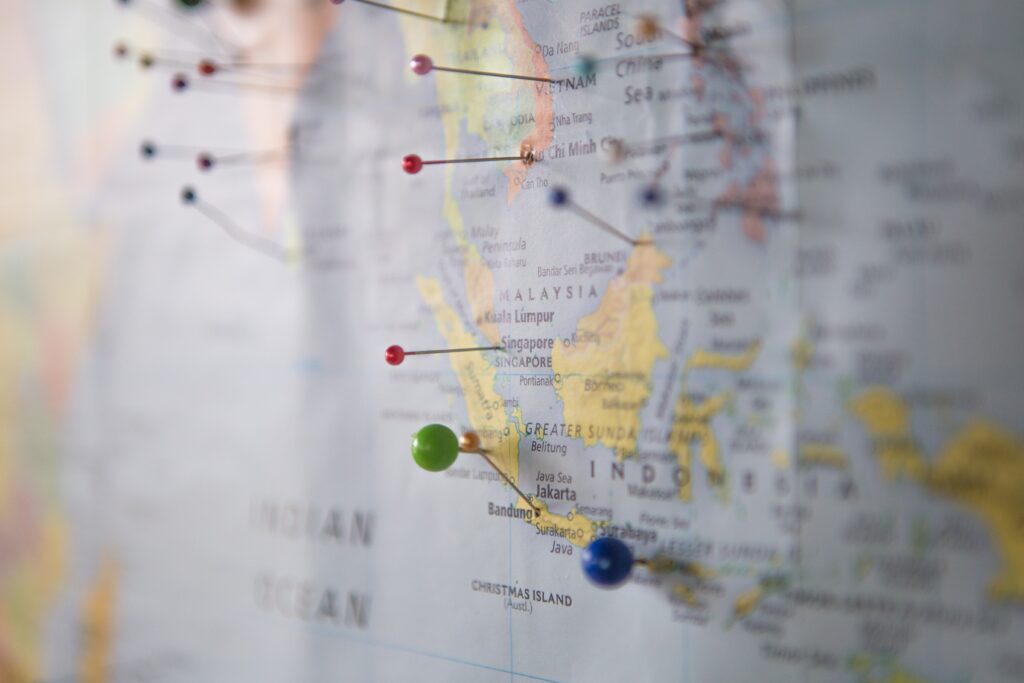
Source: Unsplash
As the 20th smallest country in the world, you’re probably not surprised to hear that it is only 728.6km² in area! To put this into perspective, we would need 452 Singapores to make up the entire size of Malaysia, and 2,676 Singapores to form the full size of Indonesia.
Some users on Reddit suggested that only 40 minutes of driving within speed limit on the highway can take you from one end of Singapore to another. Now if we’re talking about a round trip across the mainland, then it is about 200 km in total, which will also take only about 4 hours to complete, assuming clear traffic.
At this point, we think we might have made a mistake. Maybe we should’ve rephrased the question to “How small is Singapore?”
9. What is the Singapore area code?
If you have ever received a call from a phone number starting from +65, then you’re receiving a call from Singapore!
10. What is the national language of Singapore?
Most Singaporeans are multilingual, using English, Mandarin, Tamil, and Malay as their main languages.
When it comes to languages in Singapore, it can be super complicated! While the national language of Singapore is officially put as Malay (as in Bahasa Malaysia), the main language being used in administration, most media, and schools is English.
This is because English is the global language being used in commerce, technology, and science. Using English as the main language in business can certainly maximize the nation’s economical benefits. However, the government constantly reminds its people of the importance of all four of these languages.
But unofficially, we would like to say that “Singlish” is the national language of Singapore. Not only do most people speak it, it is also incredibly expressive and unique to the Singaporean culture. I mean, what other countries (other than Malaysia) would greet a friend with “bo jio”?
Here are some Singlish words we think would be interesting for you to know:
1. “Bo jio”
What it means: You say this when someone went somewhere or did something but did not invite you.
Example: “How can you go mamak and bo jio me?”
2. “Jialat”
What it means: You say this when something is going wrong.
Example: “Jialat, my car got scratched when I was parking just now.”
3. “Leh”
What it means: You say this at the end of a sentence when you’re not sure about something.
Example: I’m not sure what time it’s going to start leh.
11. What is the average IQ of Singapore? Why is it one of the highest in the world?
In 2019, Singapore ranked number 3 on the list of countries with the highest IQ in the world, at a whopping 105.89, only falling behind Japan and Taiwan. Now the question is, Why do Singaporeans have such high IQ? The answer lies in the education structure in Singapore.
Compared to Western countries, Singapore focuses a lot on subjects like Mathematics, which are often the types of questions encountered in IQ tests. Getting good grades and ranking high in school are very important to Singaporean parents, and so if any of their children is getting an A- in any subject, their tutors will most likely be fired for underperforming!
Another reason is probably that Singapore is a densely populated region, which attracts many talents from all over the world. Having a smaller population makes it slightly easier to maintain the standards of education across all areas.
12. What are the many cultural taboos in Singapore?
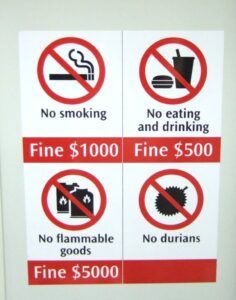
Source: Wikimedia
Since Singaporeans are multicultural, there are actually many unique cultural taboos that each race has to specifically avoid. However, there are also some general taboos which should be avoided by all. In fact, doing some of these things can easily get you a fine of up to S$1000.
Some examples of this would include:
- Talking over an elderly. This is considered rude. In Singapore, there is a certain hierarchy which must be respected, and the young must always respect the old.
- Littering. One thing to note about Singapore is that they’re incredibly clean. In fact, they’re one of the cleanest cities in the world. Littering can earn you a fine of up to S$1000, but if you’re a repeat offender, the total amount can keep going up to S$2000.
- Spitting in public. Not only is spitting in public unsightly, it is also a potential breeding ground for the spread of diseases. That is why spitters are subjected to the same fine as littering.
- Jaywalking. If you cross the streets while the pedestrian light is still red, then get ready to pay up S$50. Don’t put yourself at (literal and financial) risk just to save 1 to 2 minutes of your time.
- Chewing gums. The sales of gum in Singapore has been illegal since 1992. Yes. You heard that right. Singapore is a no-gum nation.
- Eating or drinking on public transportation. Check out in the image above to see the various types of fines you are subjected to whenever you give in to your hunger or thirst.
13. What is the nearest country to Singapore?
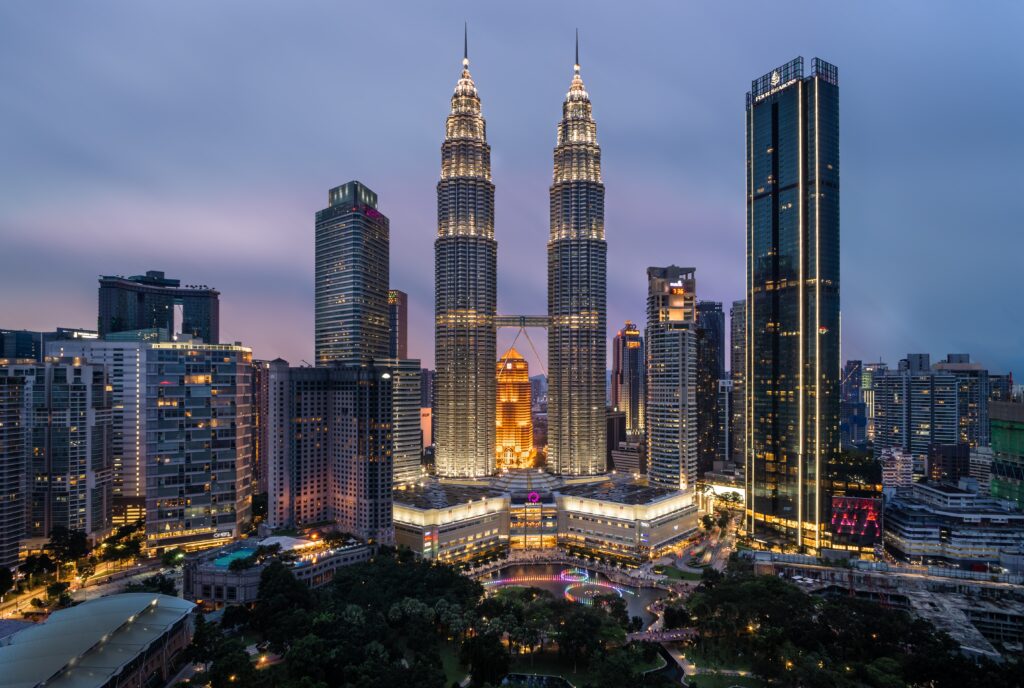
Source: Esmonde Yong/Unsplash
Malaysia is Singapore’s dearest neighbor. Not only are they super close to each other, there is also a long history between the two. Fun fact: Did you know that Singapore used to be part of Malaysia? This was only the case until Singapore declared independence in 1965.
Singapore still carries many Malaysian traits with them. This would include their delicious food, their colorful local dialects, as well as the diversity in their culture.
14. Singapore water hardness: Is it high?

Source: David Becker/Unsplash
Compared to some other countries, Singapore water is on the softer side. Hard water refers to water with excess calcium and magnesium, while soft water contains fewer minerals. The hardness of Singapore water averages at about 39mg/L, which is considered soft overall.
You can check out the full report from Singapore’s National Water Agency here.
This means Singapore water is unlikely to leave any scaling in your bathtubs or your kettles and is also gentler on your hair and skin. It should taste more “salty” than “chalky,” which is often the taste found in hard water. In conclusion, no, Singapore water is not hard.
15. What is Singapore's national fruit?
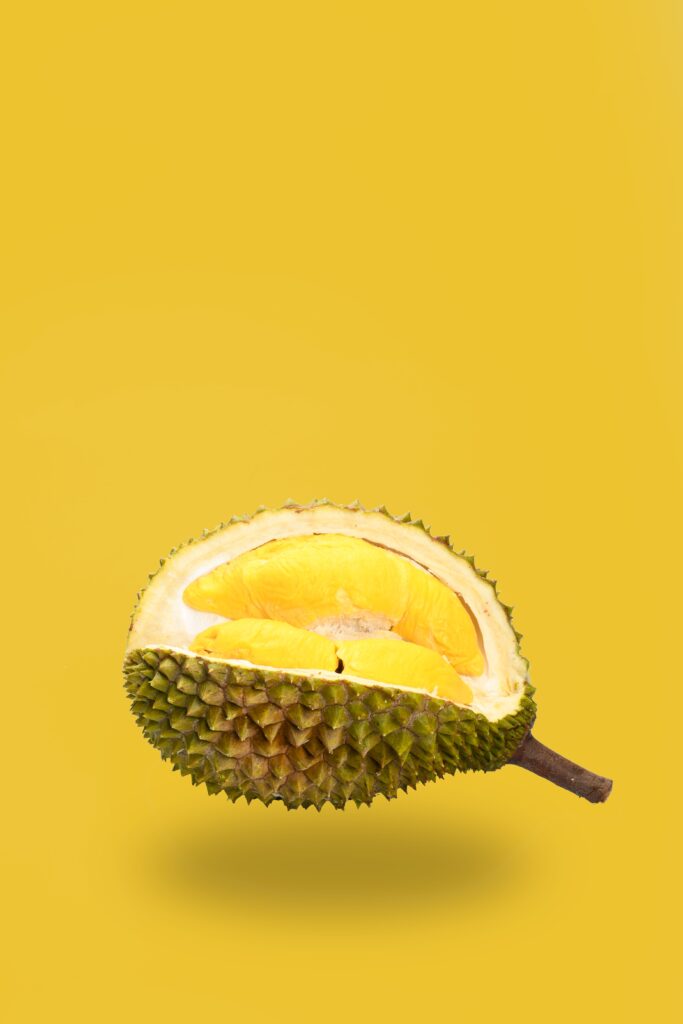
Source: Pesce Huang/Unsplash
Just like its counterpart Malaysia, Singapore’s national fruit is the mighty king durian! Its thorny surface, when split apart, reveals the soft, juicy, and fragrant fruit within. There’s no other fruit quite as controversial as durian.
In fact, it can be eaten as a meal all on its own and served with mangosteen after that as dessert. Some will say that durians cause “heatiness,” which should be counteracted with the “cooling” mangosteen right after, which is why mangosteen is crowned as the “queen” of all fruits.
However, its stench is not everyone’s favorite. We have seen one too many tourists (and even locals!) who cover their nose at the sight of durians. As the saying goes, you either love or hate durians, there is no in-between. (I personally love it though, especially the Musang King variant!)
16. Can you renew Malaysian driving license in Singapore?
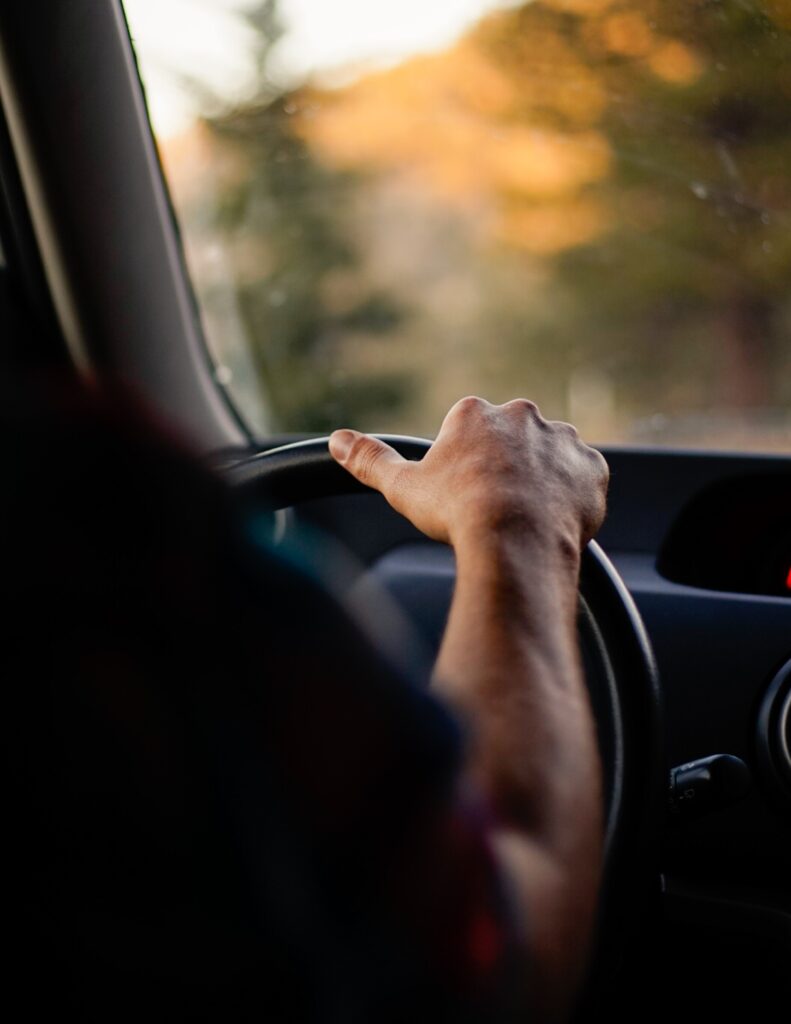
Source: Ryan Porter/Unsplash
Unfortunately, you cannot renew your Malaysian driving license in Singapore. You will need to renew your Malaysian driving license in any of the following:
- JPJ State or Branch Offices
- UTC
- 1JPJ counters
- eServices kiosk
- Pos Malaysia Berhad
We also had another question in mind while researching about this: Can I drive in Singapore with a Malaysian driving license?
The answer is yes. All ASEAN countries are exempt from getting an international driving permit (IDP) to drive in Singapore. For those who are visiting or residing in Singapore under a Work Pass, Dependent Pass, or Student Pass, you will eventually need to convert to a Singaporean driving license after 12 months. As for permanent residents or citizens, you will need to convert your foreign license into the Singaporean driving license within 3 months of obtaining citizenship or permanent resident status. You can read more here.
17. What are some Singaporean characteristics?

Source: Unsplash
One of the most important and unique characteristic of Singaporeans is that they blend modernity and traditional values very well. For example, while English is adopted as the primary language of the country, students are also required to study their mother tongue, be it Mandarin, Malay, or Tamil in order to not lose touch with their Asian heritage.
Singaporeans are also known to value conformity and stability. As long as you follow the path that is laid out for you, and you play by the rules all the time, you’re unlikely to end up in a disastrous situation. That’s the mindset of many Singaporeans from the older generation and possibly still the same for some younger Singaporeans.
18. Does Singapore have nuclear weapons?
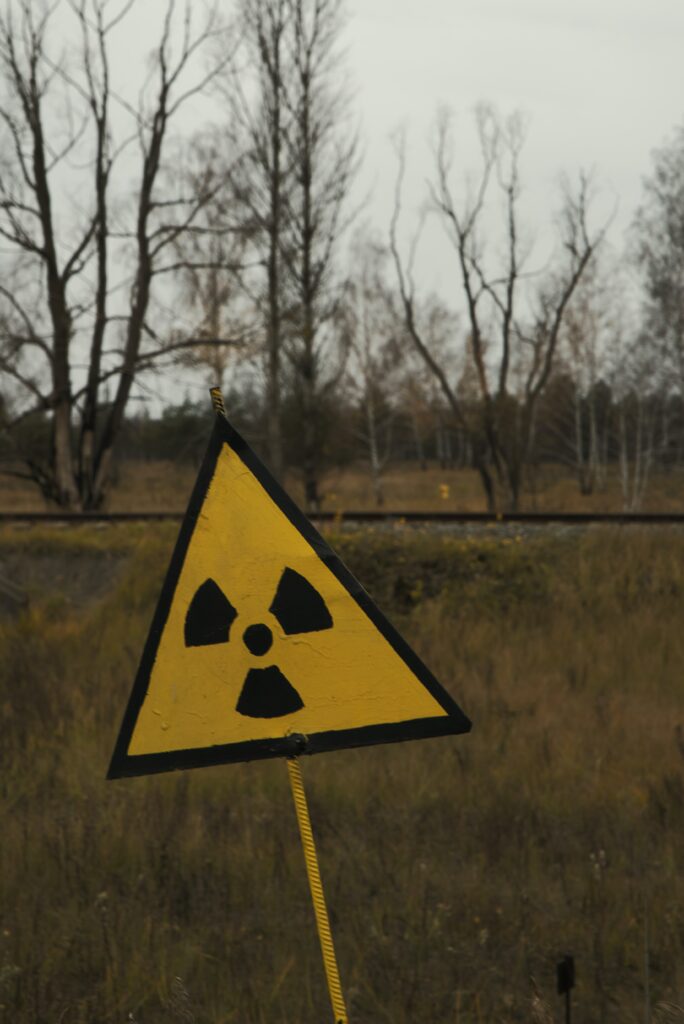
Source: Johannes Daleng/Unsplash
This is an easy one. The answer is no, Singapore does not own any nuclear weapons. In fact, Singapore is against creating and owning nuclear weapons. They are part of many disarmament and nonproliferation treaties, including but not limited to:
- Treaty on the Non-Proliferation of Nuclear Weapons;
- Comprehensive Nuclear Test-Ban Treaty; and
- Convention on the Prohibition of the Development, Production, Stockpiling and Use of Chemical Weapons and on their Destruction.
19. Can Singaporeans buy a car in Malaysia?
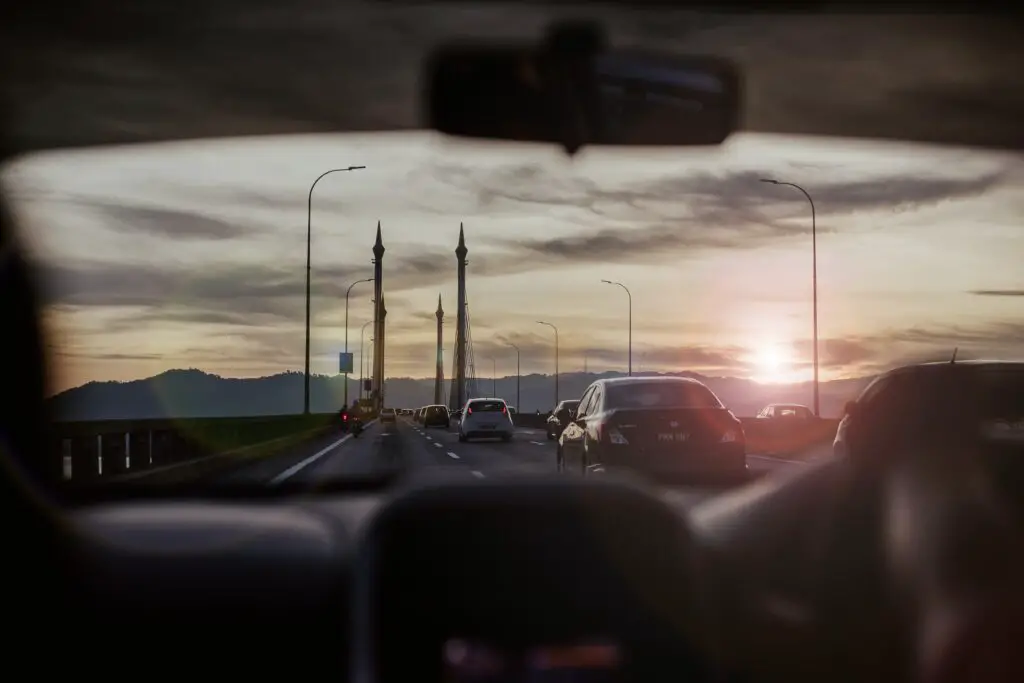
Source: Wan San Yip/Unsplash
Yes, you can buy a car in Malaysia as a Singaporean. It is recommended to buy it in cash or pay in one go, because that way, you do not need a guarantor for your loan application.
Many Singaporeans have loved ones or family in Johor, which is the southernmost state in Malaysia. That is why there is often a need to buy a car for use in Johor whenever the Singaporeans go to visit.
Take note, however, that a Malaysian car cannot be driven into Singapore, unless you have something called an Autopass Card, or received LTA approval.
20. Is Singapore a dictator country?
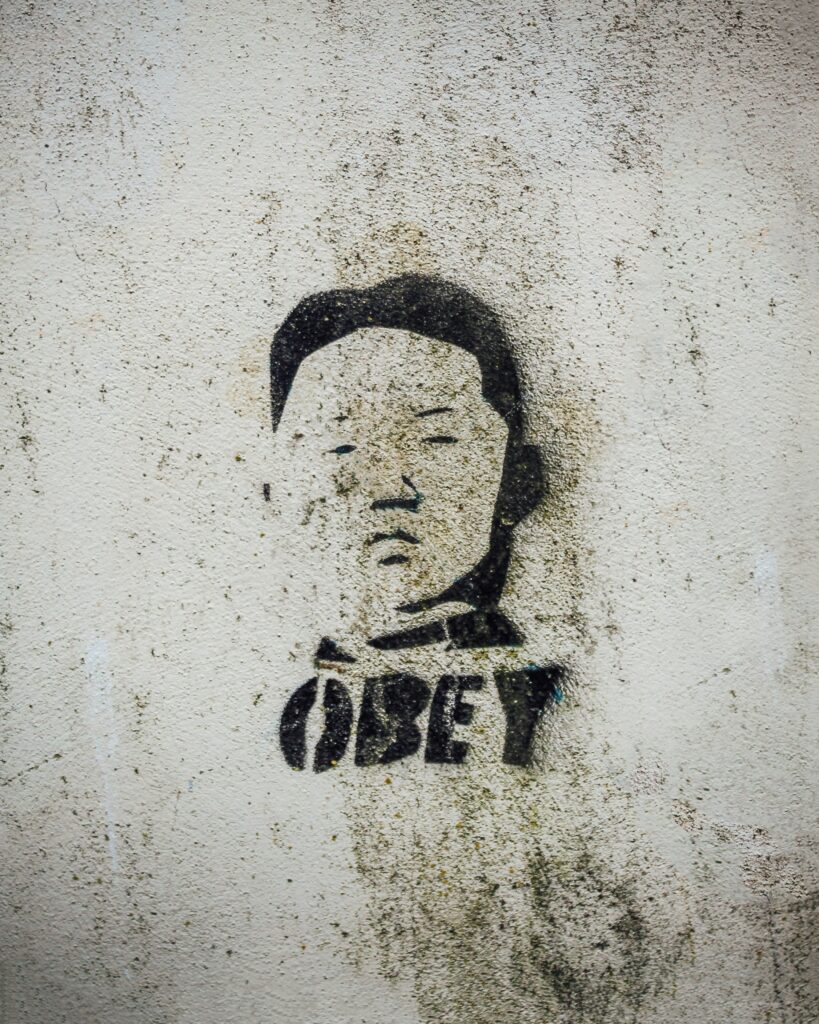
Source: Andrea De Santis/Unsplash
No. Most Singaporeans would not describe their nation to be led by dictatorship but rather something called “authoritative leadership.”
Singapore has been led by Lee Kuan Yew and his son, Lee Hsien Loong, ever since independence was attained in 1965. However, they do not practice the kind of dictatorship that you imagine a dictatorship country would practice.
For example, there are no inhumane practices like concentration camps. They are most certainly not a one-party state, and they do not have an absolute monarchy.
However, it is ruled by an authoritative leadership. Some will call this a “benevolent dictatorship” because, while the Lee family has implemented rather strict law enforcements, they have also created an immensely successful First World standard of living. You’ll probably find many Singaporeans describing Lee Kuan Yew as their strict but well-meaning father, and that’s probably the best analogy to answer this question.
21. How to cash out crypto in Singapore?
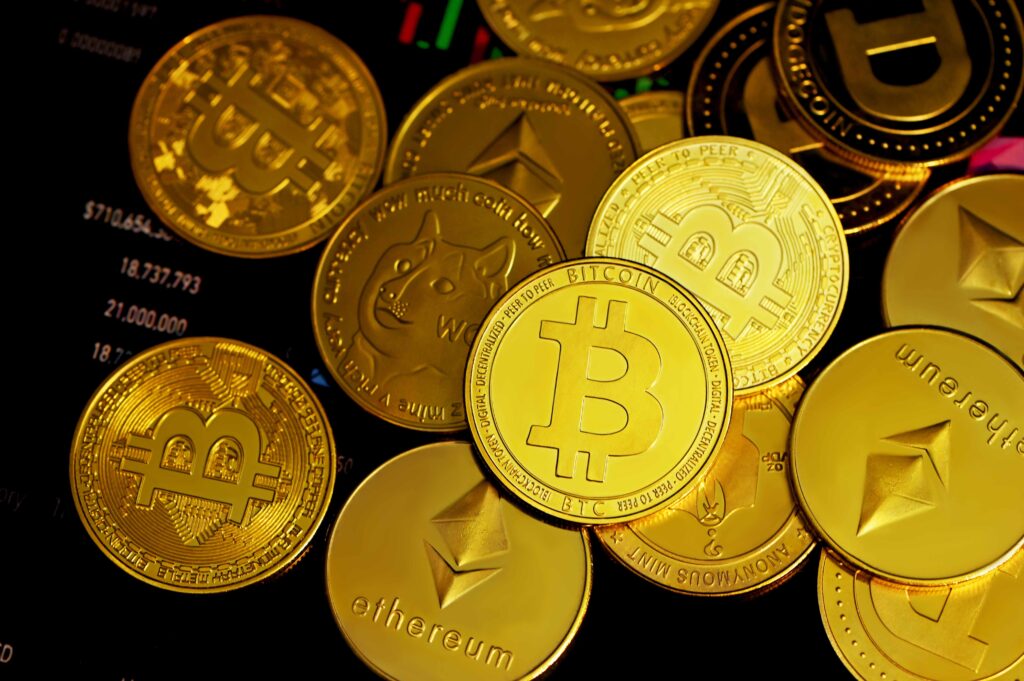
Source: Kanchanara/Unsplash
Using the Crypto.com app, you can cash out your crypto from the Fiat wallet in SGD. With the FAST (Fast And Secure Transactions) network, you can make up to SGD 200,000 per withdrawal or deposit, with no additional charges from the app at all. However, additional charges may be incurred by the banks.
You may find out more about the Crypto.com app here.
Speaking of currencies, we have previously written about some of the best credit cards in Singapore, which you can check out if you’re interested.
Conclusion
Singapore is an interesting country. Not only do they have a rich cultural history, they also offer a First World standard of living to its citizens.
It is also a popular tourist hot spot since it has a wide variety of food, destinations, and activities. Another reason why people love to plan getaways to Singapore is because it is very easy to move around since it is small and has excellent public transport.
Don’t think of it as just another tiny country. They are a highly condensed country with a lot to offer. They’re called one of the Four Asian Tigers for a reason!
